The Maya Sites – Hidden Treasures of the Rain Forest – 2nd Edition
What I missed in all my travels through the world of the Maya, was a book that concisely explained where the interesting Mayan ruins are located, how to get there, a short guide which otherwise was limited to the description of the Maya sites and lacked the overload of restaurant and hotel descriptions. Because something similar was simply not on the market, I sat down and wrote such a book myself:
This is a compact guide that contains the 15 main archaeological ruin sites of the ancient Mayan civilization on the Yucatán peninsula and also explains the optimal route for visiting these sites. A perfect guide for those travelers who are primarily interested in the most important Maya sites.
The Maya Sites – Hidden Treasures of the Rain Forest
A Traveler’s Guide to the Maya Sites on the Yucatán Peninsula, in México and Guatemala
ISBN-13: 978-3000601422
The Maya sites to be visited in this way and described in the book:
- Tulum
- Chichén Itzá
- Cobá
- Ek Balam
- Izamal
- Uxmal
- San Gervasio
- Edzná
- Palenque
- Toniná
- Bonampak
- Yaxchilán
- Tikal
- Yaxhá
- El Mirador
Additionally, I included the La Venta Museum Parc in Villahermosa in the book, where the traveler will find several monolithic structures of the Olmec culture. The Olmec culture is famous especially for the giant stone heads which they left behind when their civilization disappeared.
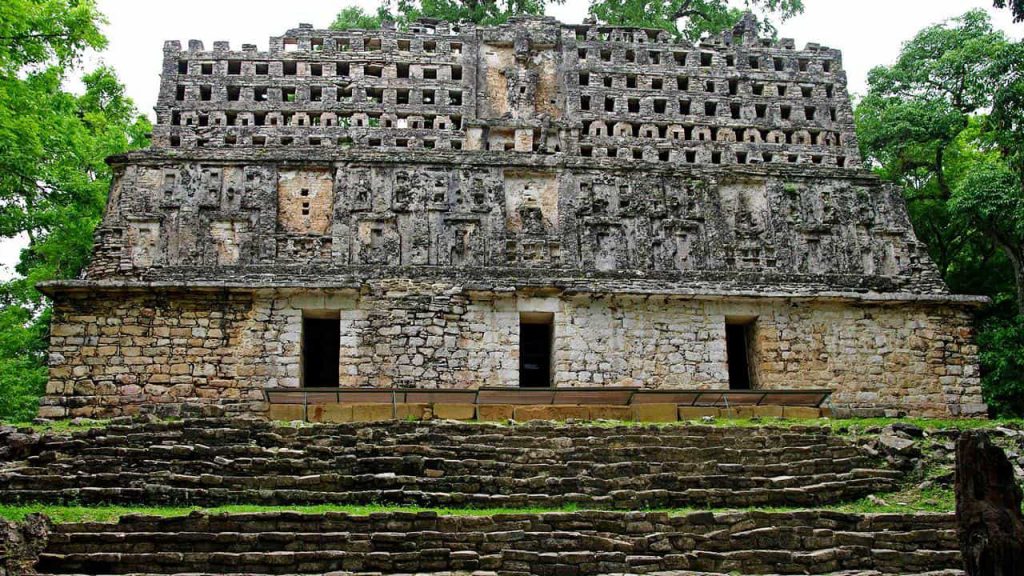
The perfect route through the land of the Maya
I divided this route into three sections, which can be visited either sequentially or divided into individual stages. The three sections are:
- Northern Yucatán Peninsula
- Chiapas and Campeche
- Petén in Guatemala
The modern cities, which are approached on these routes are
- Tulum / Playa del Carmen
- Valladolid
- Merida
- Campeche
- Palenque
- Villahermosa
- Flores
From these starting points or “base camps” you can explore the world of the Maya. From a leisurely day trip to a 5-day walk through the Guatemalan jungle, all levels of difficulty are available.
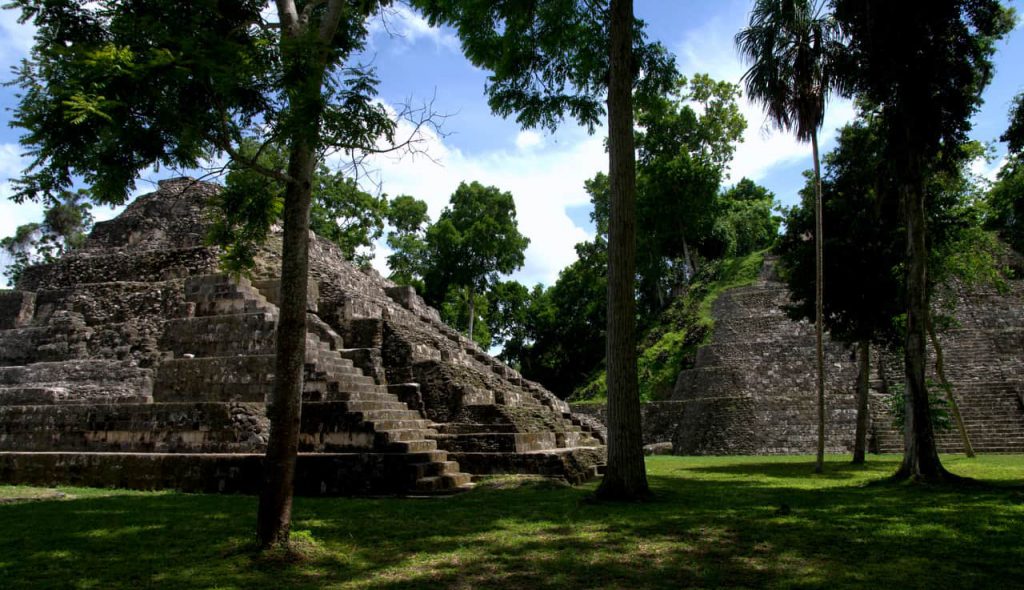
Light, short, crisp
I didn’t include lists of hotels or restaurants because I wanted to avoid the inclusion of short-lived information. During my travels I found that common travel guides can become a reason for frustration because such accommodation related information is outdated. In contrast, I think that the internet is a much better information source for hotels in a certain city than any printed travel guide.
Therefore, I do not exaggerate if I state that this is the perfect book for all kind of travelers and explorers: Light, short, crisp.
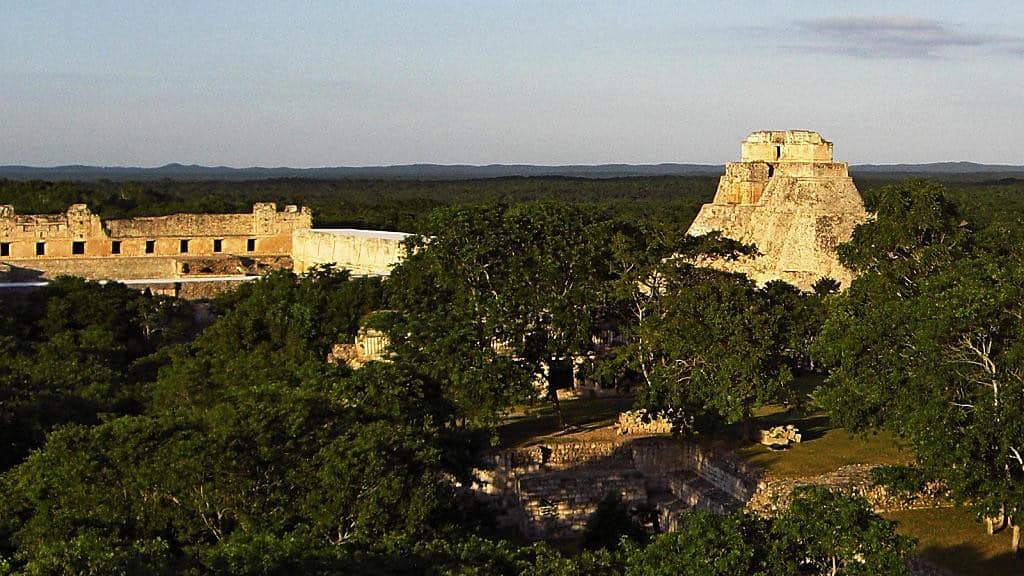
Details
Each of the Maya sites is documented with numerous color photos. Altogether there are about 100, which I have inserted at appropriate places in the book. For each (almost) of the Maya sites discussed I included a sketch map (a total of 14 maps), so that you can find the path along the site in the ruins. I have visited each of these sites on several trips and all photos are my own.
For the modern traveler who tries to keep his luggage lightweight, an eBook makes the most sense. And viewing it on a modern tablet allows to zoom in the photos. Therfore I used a fixed-size layout, similar to the printed version. A print version can be purchased as well.
The “Maya Sites – Hidden Treasures of the Rain Forest” is suitable for any “variety” of tourist, for backpackers, luxury travelers, and explorers. It is available in English and German language so far and contains 155 illustrations (91 color photos).
Additional sections and chapters in the second edition
I added three additional sections to the second edition, to satisfy the request of many of my readers.
- Section 3 describes the history and culture of the ancient Maya
- Section 4 is solely about the Maya calendar
- Section 5 talks about the Mayan languages and the writing system
Content directory of “The Maya Sites”
Introduction 9
Section 1 – Routes and Short Descriptions 11
The Standard Route – Yucatán and the Riviera Maya 14
The Exotic Route – Campeche and Chiapas 18
The Adventurous Route – Petén – Guatemala 22
Section 2 –The Maya Sites 25
Region: Yucatán and Quintana Roo 25
Tulum – Turquoise Sea and Temple Ruins 25
Cobá – Ruled by women? 33
Cozumel – Pilgrimage to Ixchel – San Gervasio 39
Ek Balam – The Black Jaguar 43
Chichén Itzá – The star among the Maya sites 48
Izamal – The Magic City 59
Uxmal – Built in One Night 63
Region: Chiapas and Campeche 72
Edzná – The House of the Itzá 72
Palenque – Mysticism in the Mist of the Rainforest 81
The Olmec – La Venta Parc Museum in Villahermosa 93
Toniná –In the Ocosingo-Valley 99
Yaxchilán – On the banks of the Río Usumacinta 105
Bonampak – Murals in the Selva Lacandon 110
Region: Petén in Guatemala 117
Tikal 117
Yaxhá 131
El Mirador – The Jungle Adventure 139
Section 3 – History and culture of the Maya 149
The Homeland of the Ancient Maya – the Mayab 149
Natural Resources in the Ancient Maya World 157
The History of the Maya Civilization 160
The Collapse of the Classical Centers 169
Society and everyday life of the classical Maya 172
Section 4 – The Maya Calendar 175
Introduction 175
Haab – a Calendar for the Solar Year 179
The Tzolkin Calendar 185
The Calendar Round 192
The Long Count in the Maya Inscriptions 194
Numbers and mathematics of the ancient Maya 199
The date in the Maya inscriptions 208
Section 5 – Language and Writing System of the Maya 216
Mayan Languages and their Distribution 216
Cholan – The Language of the Inscriptions 220
Some Features of the Mayan Languages 220
The Writing System of the Maya 229
Epilogue 238
Appendix 239
Further Reading 239
Planning your Travel 241
Index of Figures 244
Index of Tables 246
Index of Maps 246
Acknowledgment 247
The Author 247
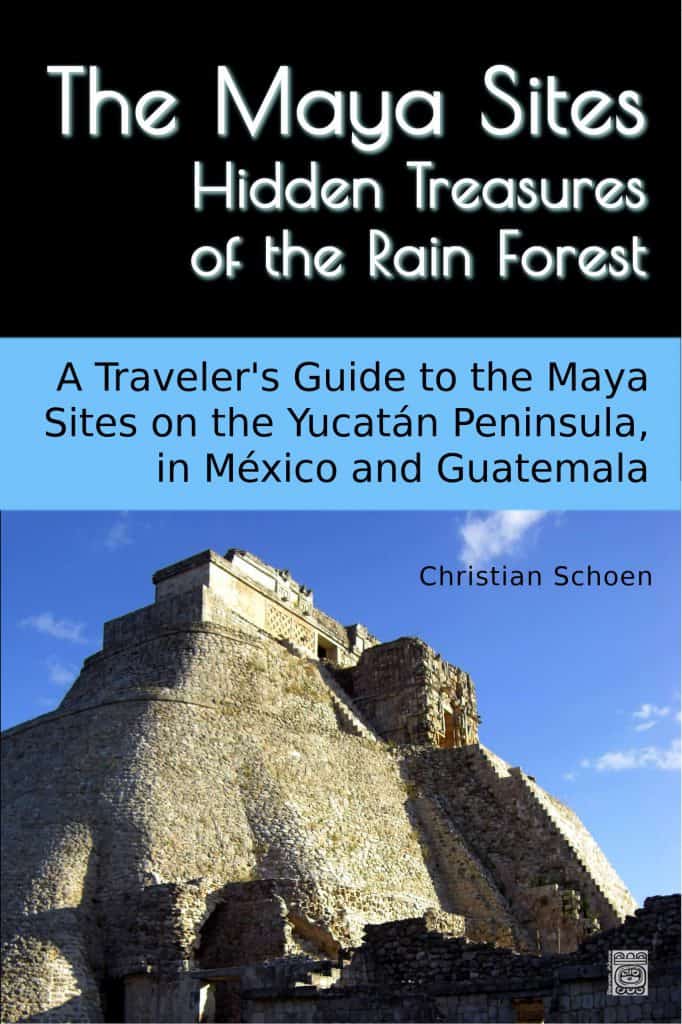
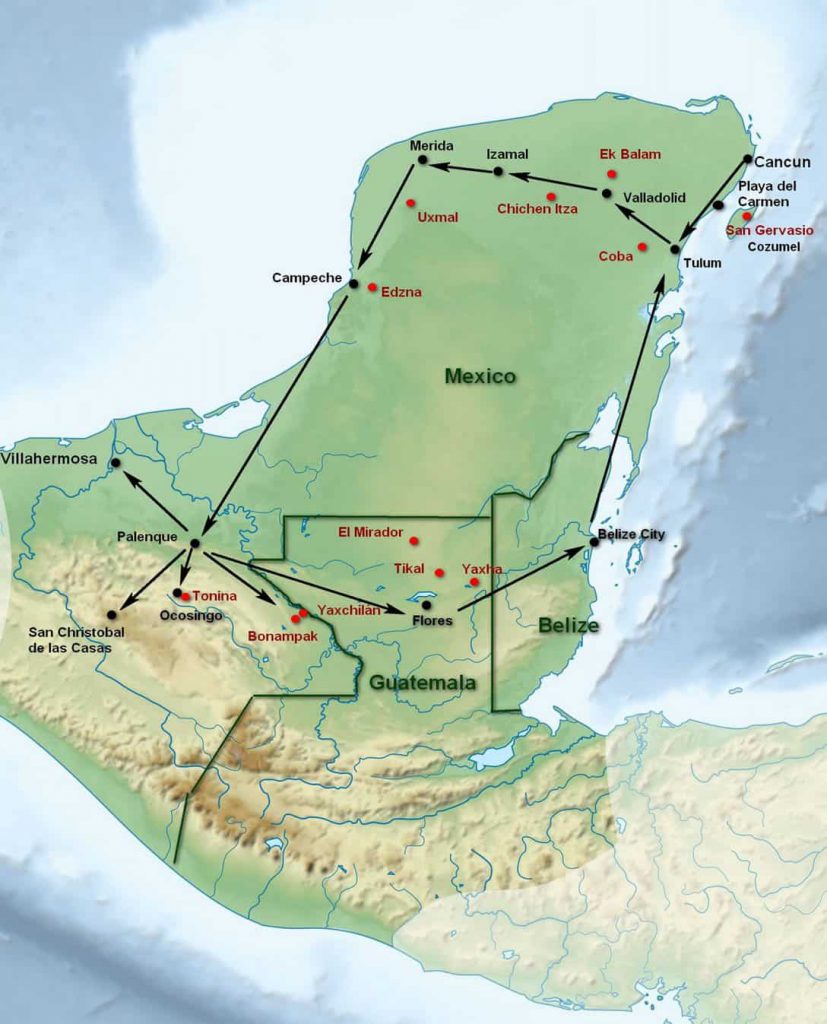
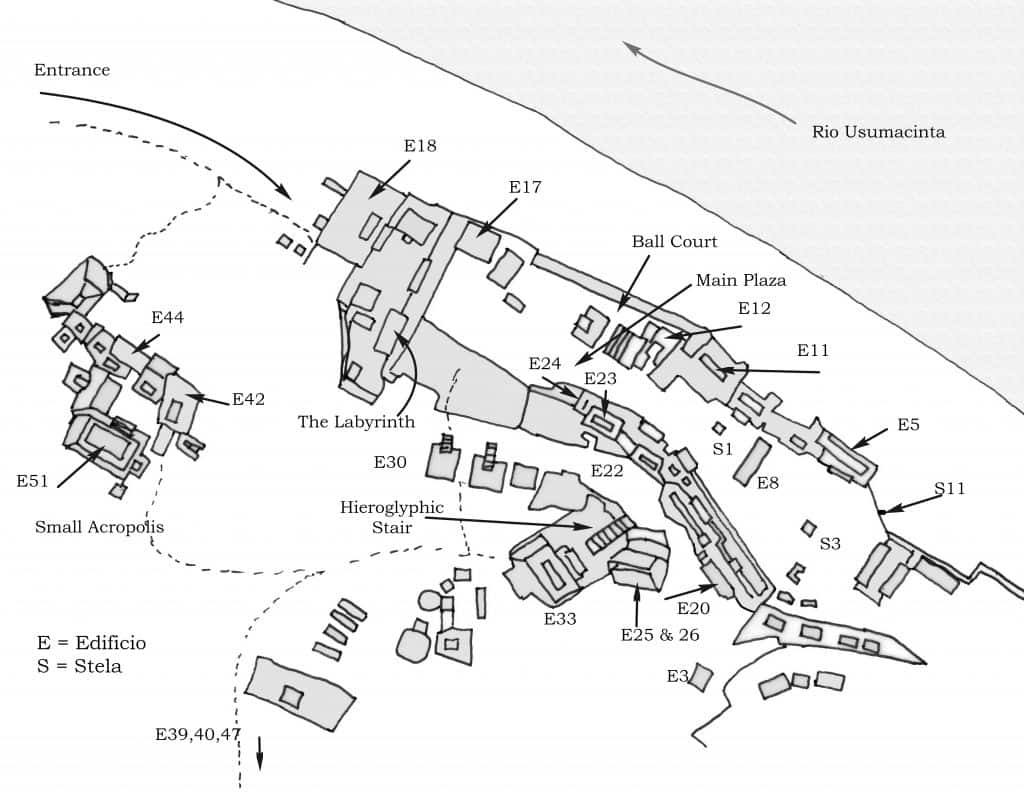
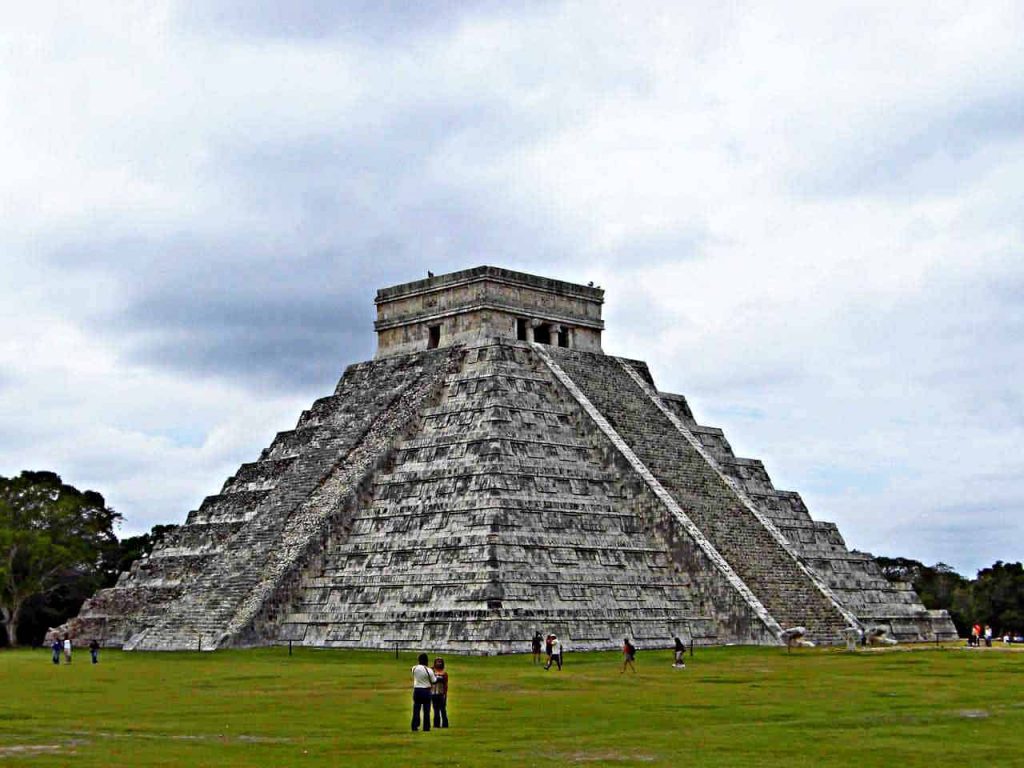
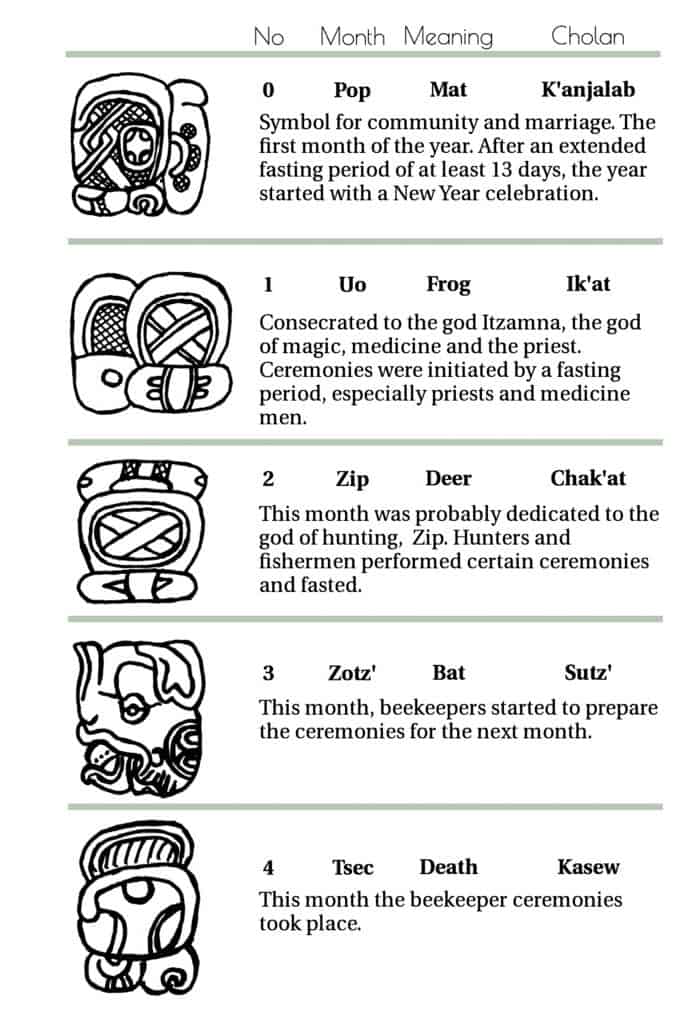
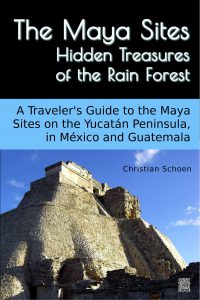
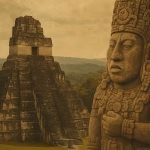
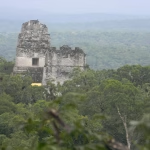

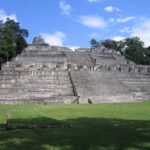
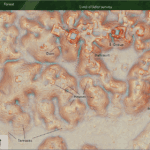
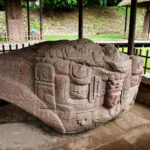
I got an interesting insight into the origin of the Mayan civilisation from
an ancient Indian Palm Leaf reading which said that the Mayans came from the south of India along with some people from the Himalayas. This explains how the Mayan women platted their hair and wore Hibiscus flowers in their hair like the people in Kerala. Also they worshipped the monkey God like they worship Hanuman in India etc. …..
Interesting post.Love reading this post.Thanks for sharing.
It’s nearly impossible to find well-informed people on this subject, however, you
seem like you know what you’re talking about!
Thanks